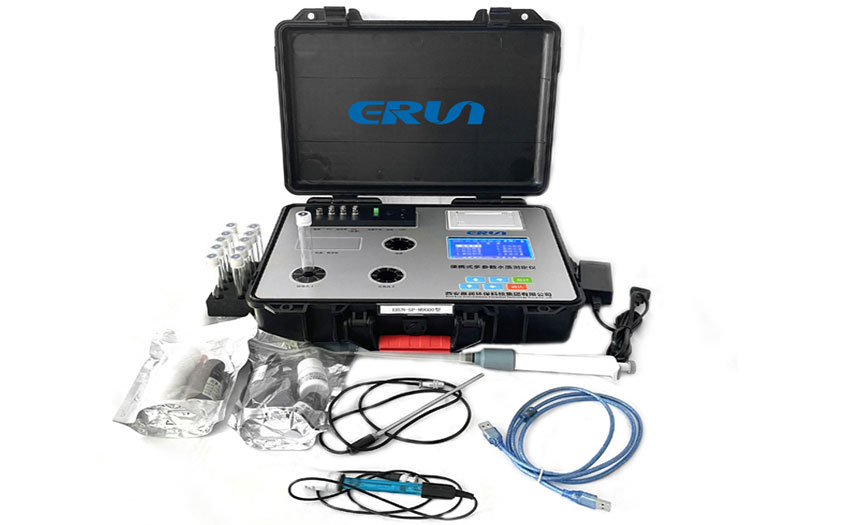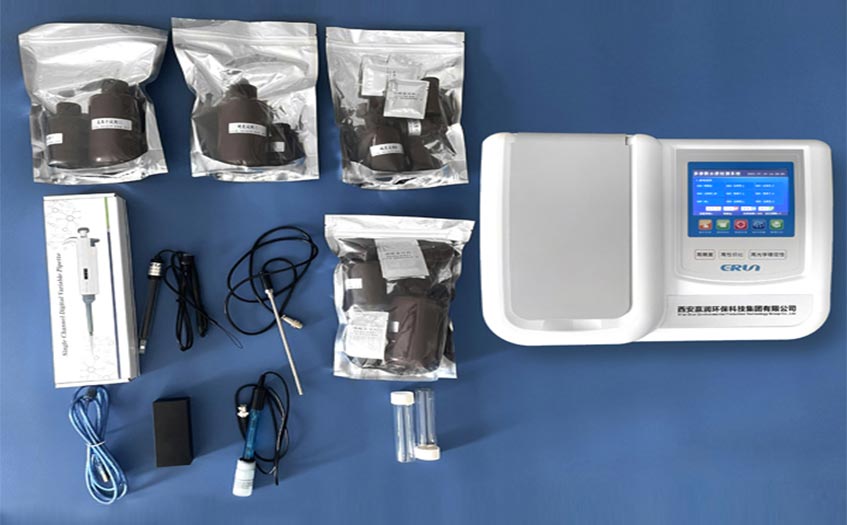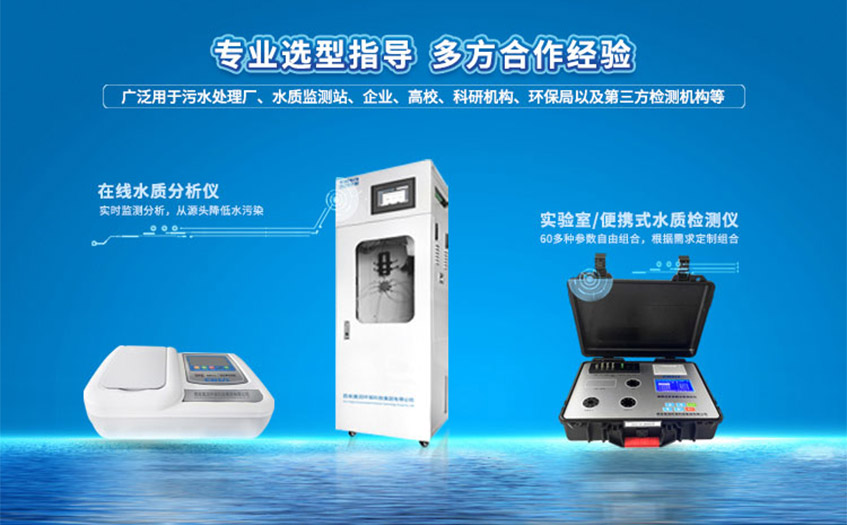Boilers are indispensable and important equipment in industrial production. The quality of their water is directly related to the safe operation and service life of the boiler. Therefore, boiler water quality testing instruments play a vital role in boiler management. This article will introduce in detail the types, specific classifications, selection principles and main parameters that can be detected of boiler water quality testing instruments.

There are many types of boiler water quality testing instruments, which can be roughly divided into the following categories according to different testing requirements and parameters:
1.Single parameter testing instrument
Turbidimeter: used to measure the content of suspended particles in water samples and directly reflect the turbidity of water quality.
Dissolved oxygen meter: detects the dissolved oxygen concentration in water samples and evaluates the oxygen supply in the water.
Hardness tester: Determine the concentration of calcium and magnesium ions, understand the water hardness, and prevent scaling.
PH tester: Accurately measure the pH value of water samples, which is the basic data for water quality regulation.
Conductivity meter: Evaluates the electrical conductivity of water, indirectly reflecting the total dissolved solids (TDS) content.
2.Multi-parameter testing instrument
Multi-parameter water quality analyzer: such as the ERUN-ST7-C40 desktop boiler water quality detector, which integrates multiple detection functions and can simultaneously measure total alkalinity, total hardness, chloride ions, copper, iron, turbidity, pH, dissolved oxygen, conductivity, dissolved solids and other parameters. It has the characteristics of fast measurement speed and high accuracy, and is a comprehensive equipment for boiler water quality detection.
Boiler water quality testing instruments can be divided into desktop instruments, portable instruments and online monitoring instruments according to their functions and usage. Desktop instruments usually have higher accuracy and stability and are suitable for use in laboratory environments; portable instruments are convenient for on-site testing and can quickly respond to changes in water quality.

1.Choose according to testing needs: First, clarify the water quality parameters that need to be tested, and then choose an instrument with corresponding testing functions.
2.Consider accuracy and stability: For the detection of key parameters, instruments with higher accuracy and stability should be selected.
3.Easy to operate and maintain: Choosing instruments that are easy to operate and maintain can reduce usage costs and improve detection efficiency.
4.Economy and applicability: Under the premise of ensuring the testing needs, choose cost-effective instruments to avoid unnecessary waste.
Boiler water quality testing instruments can detect many parameters, mainly including:
Turbidity: reflects the turbidity of water and affects the heat transfer efficiency and safe operation of the boiler.
Hardness: Determine the concentration of calcium and magnesium ions to prevent boiler scaling.
PH value: Control the pH of water samples to prevent corrosion and scaling.
Dissolved oxygen: Assessing the oxygen supply in water has an important impact on boiler corrosion.
Conductivity: indirectly reflects the total dissolved solids (TDS) content and evaluates water purity.
Oil content: Detect the oil content in water samples and monitor oil pollution.
Alkalinity: Evaluates the buffering capacity of water quality and is of great significance to boiler water quality regulation.
Dissolved solids: reflects the total amount of soluble solids in water and has a direct impact on boiler scaling and corrosion.

Boiler water quality testing instruments are important tools to ensure safe and efficient operation of boilers. By properly selecting and using these instruments, you can accurately grasp the boiler water quality and take appropriate measures in a timely manner to prevent scale deposition, corrosion and other problems, thus extending the service life of the boiler.During the purchase and use process, factors such as testing needs, accuracy stability, ease of operation and maintenance, and economic applicability should be fully considered to build a comprehensive and efficient water quality testing system.